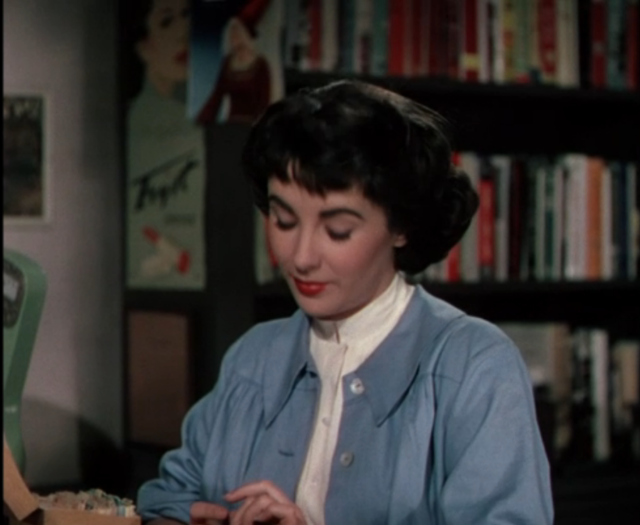Fictional publishers often appear at international book fairs. The setting gives writers the chance to introduce new characters, engineer plot twists and inject the frisson of drunken conversations and illicit sex. The Frankfurt Kabuff, Blaire Squiscoll’s recent work, adds a new twist to this, functioning as a mesmerising deconstruction of what it means to be a publisher and what it means to hang out with publishers at such events. It combines many old publishing tropes, sometimes seeming to be more of a Wunderkammer than a Kabuff.
The central character, Beatrice Deft, is not a publisher but she is someone who loves books, believes in their power to change lives. She is old school: she smokes, she drinks, she eats meat (there is a flashback subplot of violence against an immigrant at a chicken shop in Australia – don’t ask), she flies. Deft enjoys sex (and Sekt) with Caspian, the hunky German cop, of whom we learn little except for his badge number (6969) and the way he wields his impressive baton.
After a violent intervention by the right-wingers surrounding a publishing firm called White Storm – put down with the help of Tante Fran and the knitting book club – the old left-wing publisher Kurt Weidenfeld steps down from his position at Linksphilosophie Verlag in favour of Adriana, Lotte Frankel takes over from the wannabe demagogue Kristoff Weil, and Beatrice begins a new career as an international publishing consultant, travelling the world to protect international books from future terrorist attacks. The publishing patriarchy is being overturned.
As Beatrice prepares to jet off on her new mission, the familiar figure of a strapping blond catches her attention. There will be further adventures, but they had better hurry, because this old world of international publishing will soon be brought to a juddering halt, not, as this story suggests, by the threat of right-wing terrorism, but by the surveillance state it has created, the security apparatus it spawned, and – in this time of climate breakdown – the impossibility of sustaining all that smoking, drinking, meat-eating and carbon-fuelled travel that are at the core of the international book fair circuit.
Blaire Squiscoll, The Frankfurt Kabuff, 2019

